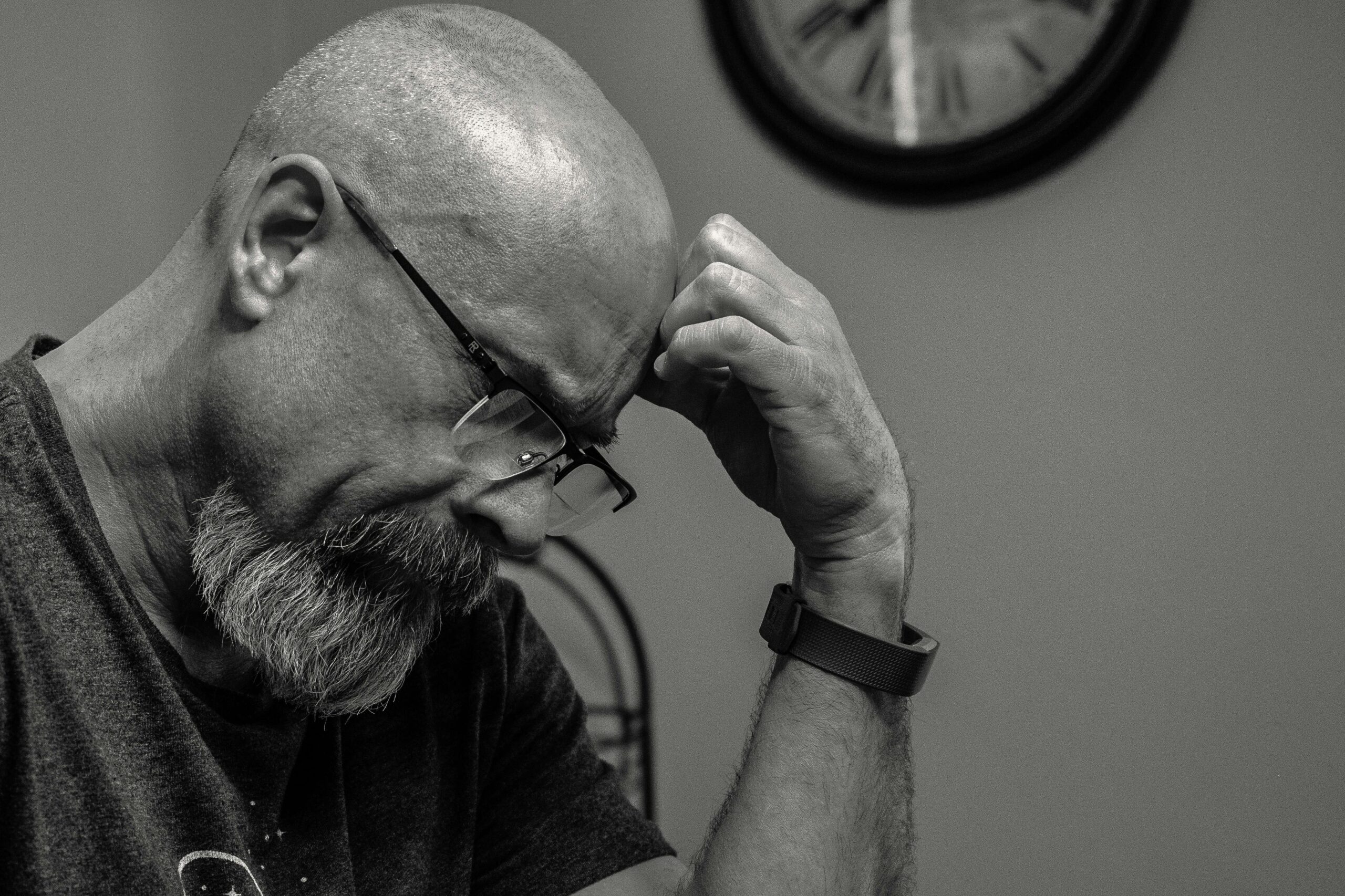The Importance of Critical Thinking
Critical thinking is more than just the accumulation of facts and knowledge; it is a way of approaching problems and decisions that involves evaluating evidence, discerning hidden values, and assessing conclusions.
It requires a combination of skills including observation, analysis, interpretation, reflection, evaluation, inference, explanation, problem-solving, and decision-making.
At its core, critical thinking is about being open-minded yet skeptical. This balance allows individuals to consider various viewpoints and arguments while also questioning the validity and reliability of the information presented.
Here are some key benefits of mastering this skill:
Improved Decision-Making
Critical thinking helps individuals to make better decisions by considering all relevant information and potential outcomes.
It helps in weighing the pros and cons of different options and choosing the best course of action.
Enhanced Problem-Solving
Mastering critical thinking will help you effectively break down complex problems into manageable parts. It will also help you identify underlying causes of problems and develop effective solutions.
Critical thinking promotes a methodical approach to problem-solving that is both creative and logical, ideal for driving business growth.
Effective Communication
Critical thinkers are better communicators. They can present their ideas clearly and persuasively, support their arguments with evidence, and engage in constructive debates.
This skill is invaluable in both personal and professional settings.
Adaptability and Innovation
In a rapidly changing world, the ability to think critically allows you to easily adapt to new situations and challenges.
It also fosters innovation by encouraging the exploration of new ideas and perspectives.
Informed Citizenship
A democratic society relies on informed citizens who can critically evaluate political arguments, media messages, and public policies. Critical thinking equips individuals with the tools needed to participate in civic life thoughtfully and responsibly.
Read also: How to Be a Good Manager: 9 Key Strategies for Success
How to Develop Critical Thinking Skills
Developing critical thinking skills requires practice and dedication.
Here are some strategies to enhance this process:
- Ask questions: Cultivate a habit of asking questions about everything. Seek to understand the ‘why’ and ‘how’ behind the information presented to you.
- Reflect on your thinking process: Take time to reflect on your own thought processes. Identify any biases or assumptions that may influence your judgments.
- Engage in discussions and debates: Participate in discussions and debates on various topics. This helps to expose you to different viewpoints and strengthens your ability to argue logically and persuasively.
- Read widely and critically: Read a variety of materials from different sources. Critically evaluate the arguments and evidence presented, and consider the credibility of the sources.
- Practice problem-solving: Engage in activities that require problem-solving, such as puzzles, games, or case studies. This helps to sharpen your analytical and reasoning skills.
- Seek feedback: Be open to feedback from others. Constructive criticism can help identify areas for improvement and enhance your critical thinking abilities.
Developing critical thinking skills is vital in empowering individuals to navigate the complexities of the modern world.
Whether you’re in a professional career or self-employment, fostering a mindset of curiosity, skepticism, and open-mindedness will help you make informed decisions. You will become better at solving problems and communicating more persuasively to your audience.

Resources
As we face an ever-evolving landscape of information and challenges, the importance of critical thinking cannot be overstated.
Here are a few resources to help you master this skillset:

